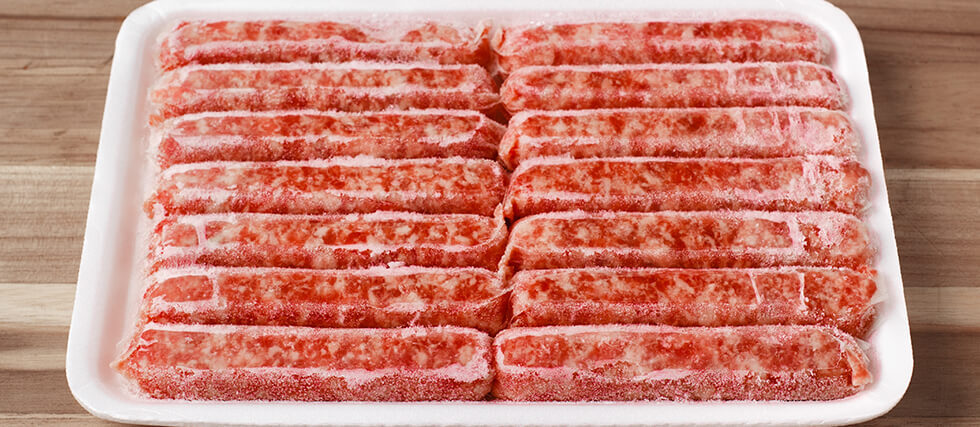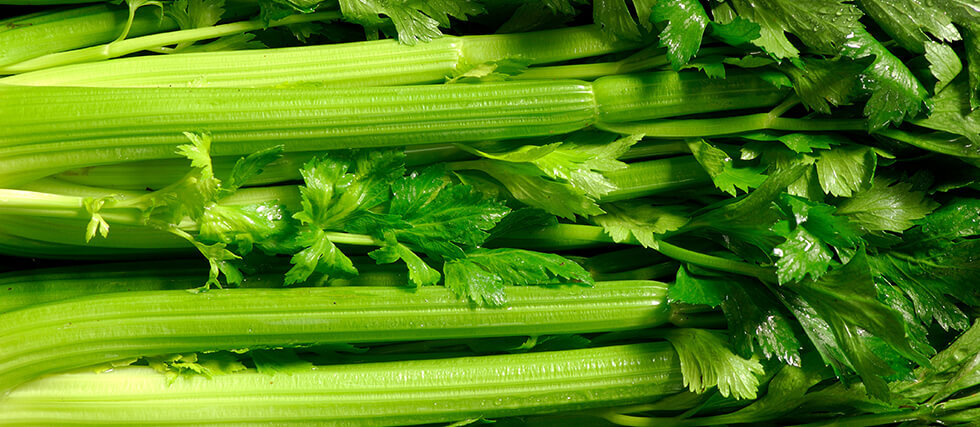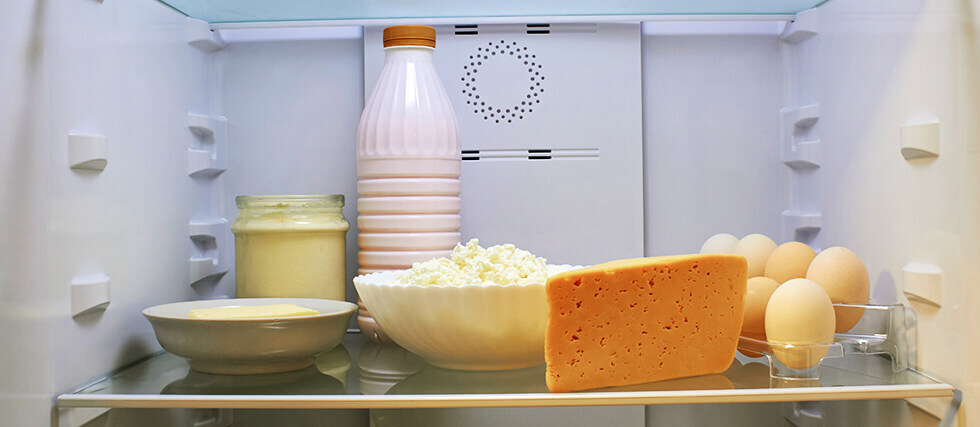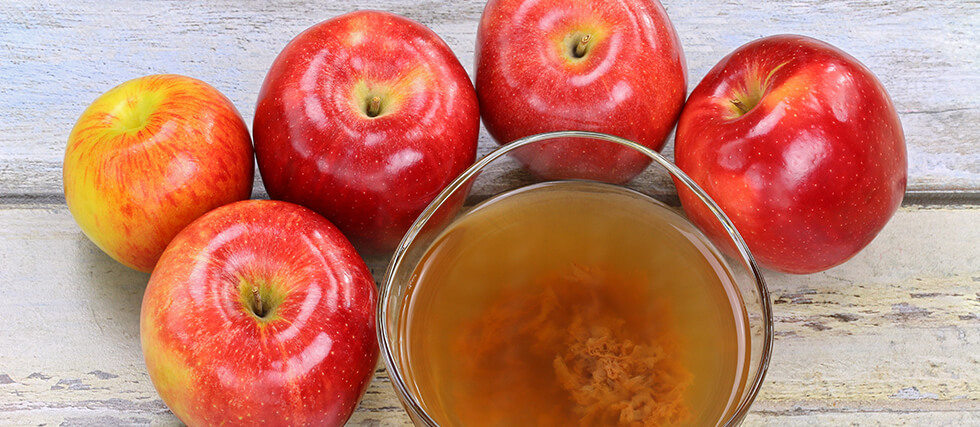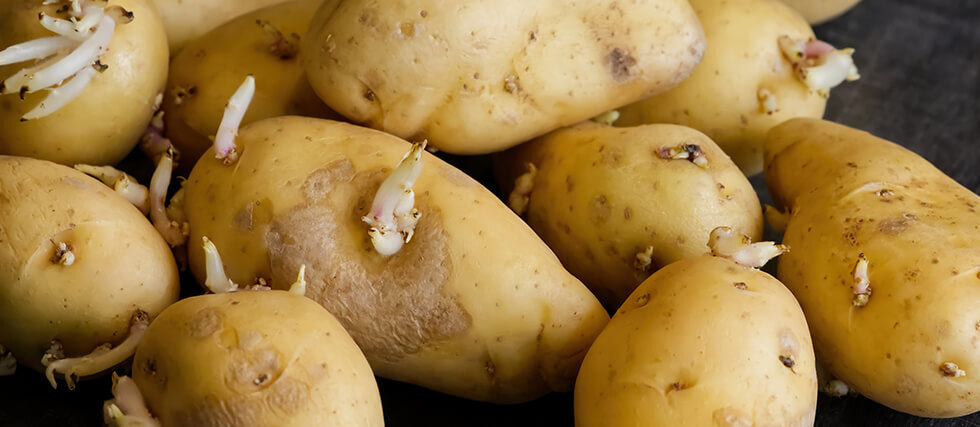Does Freezer Burn Hurt Your Food? When to Toss It and When It’s Still Safe
You open your freezer, reach for that forgotten bag of chicken breasts, and—uh oh—it’s covered in white frost and weirdly discolored patches. Yes, it has freezer burn. But what does that really mean for your food?
Here’s the good news: freezer-burned food isn’t dangerous. It’s still safe to eat, but the quality might not be what you hoped for. Freezer burn happens when air sneaks into the packaging and dehydrates parts of the food. The result? Dry, leathery spots, color changes, and that unmistakable “off” texture once it’s cooked.
The bad news? That texture and flavor can be pretty disappointing. Meats may taste tough and bland, and frozen veggies might turn mushy. It’s not spoiled—it just won’t taste great.
So, when should you toss it?
- Minor freezer burn on meats, fruits, or veggies? Just trim off the affected parts and cook the rest.
- Severe freezer burn—if the item is shriveled, discolored all over, or smells odd even when frozen, it’s best to let it go.
- Ice cream with large ice crystals or funky taste? Say goodbye. The texture’s likely ruined.
To prevent freezer burn, wrap items tightly in plastic or use a vacuum sealer, and keep your freezer at 0°F (-18°C) or below. Label and rotate foods so nothing sits in there forever.
Bottom line: freezer burn isn’t a health hazard, just a flavor fail. Don’t panic when you see it, but don’t expect a gourmet meal either. When in doubt, trust your nose. Trim the frosty bits and maybe add a little extra seasoning to make up for lost flavor!


